Our Earth is divided into seven continents. Millions of years ago, there was a single continent called Pangea, which was covered by an Ocean called Panthalassa. Eventually, the supercontinent broke apart to form the different continents that we have today. Here are some interesting facts about them.
- Africa
Africa is the 2nd largest continent in the world. Its total land area is 3,03,65,000 sq.km. Africa is surrounded by the Atlantic Ocean, Mediterranean Sea, Red Sea and Indian Ocean. It is the only continent through which the Equator, Tropic of Cancer and Tropic of Capricorn passes!
Africa is also known as the " Cradle of Humankind". There are 54 countries in Africa. The Nile, the longest river in the World and the Sahara, the largest hot desert in the world is in Africa. Africa produces about 70 percent of the world's cocoa beans.
- Asia
Asia is the largest continent in the world. It is surrounded by the Arctic Ocean, Pacific Ocean, Indian Ocean, and Red Sea. Asia is the home of world's tallest peak-Mount Everest and the Dead Sea, known as the lowest place on Earth. Total land area of Asia is 4,46,14,000 sq.km. and it has more than 45 countries. Russia is the largest country in Asia and Maldives is the smallest. Countries like Russia and Turkey are part of both Asia and Europe. Asia's Bhutan is the world's first carbon-negative country. Asia's Bangkok holds the Guinness record for the place with the longest name.
The Indian Subcontinent includes India, Pakistan, Bangladesh, Afghanistan, Bhutan, Nepal, etc. And its large land mass is separated by the Himalayas at the north and the Deccan Peninsula at the south. It is geographically and culturally distinct from the rest of the continent.
- Antarctica
Antarctica means opposite to Arctic. It is the world's driest, windiest, highest, and coldest continent. Antarctica spans an area of 1,42,00,000 sq.km. and houses the South Pole. The wind blows here at a speed of almost 320km/h. Antarctica is the world's largest desert, and it is totally covered with ice.
Blood Falls is a bright-red-coloured waterfall in Antarctica. It originates from a saline iron-rich lake. When iron reacts with oxygen, the water becomes red. In Antarctica, the Sun never sets below the horizon in summer, and in winter, it never rises above the horizon!
- Europe
Europe is known as " Peninsula of Peninsulas". A Peninsula is surrounded by water on three sides. Europe is also surrounded by water from three sides-Arctic Ocean at north, Atlantic Ocean from west and Mediterranean Sea, Black Sea and Caspian Sea from its South direction. It has a land area of 10.8 million sq.km. Some people believe that it is named after a Phoenician princess, Europa.
Europe has the highest number of UNESCO World Heritage Sites. World's smallest country Vatican and St. Peter's Basilica-one of the world's largest churches are in Europe. World's oldest zoo Schönbrunn is also in Europe's Vienna in Austria.
- North America
With an area of 24,230,000 sq.km, North America lies between the Arctic Circle and the Tropic of Cancer. The word 'America' is derived from the name of an Italian navigator -'Americo Vespucci'. There are 23 countries are in North America and Canada is the largest among them.
World's largest island, Greenland and world's largest national park, Northeast Greenland National Park are in North America. North America's Lake Superior is the world's largest fresh water by surface area. It holds 10% of the world's surface fresh water.
- Australia
Australia is the smallest continent of all with an area of 7.5 million sq.km. It is also known as the "oldest continent","Last of Lands",and "Last Frontier." Australia is a continent and also a country with six states. Canberra is the Capital of Australia.
Great Barrier Reef, the world's biggest reef is in Australia. The Barrier Reef has more than 3,000 reefs and 900 islands. It is also the home to over 350 species of corals and 1,500 species of fish. Kangaroo is the National Animal and Emu is the National Bird of Australia.
The two-egg laying mammals-platypus and echidna, are found only in Australia. Australia's Frazer Island is the largest sand Island in the world. Surprisingly, there are more camels in Australia than in Egypt! 😲
Do you know why Kangaroo became the National Animal of Australia? As Kangaroos can't walk backwards and move forwards only, so they were chosen as the symbol of the nation's progress. Emu is the national bird for the same reason. 😊
- South America
South America is a triangular shaped continent with 12 countries sprawls over an area of 17,840,000 Sq.km. The second longest river the Amazon, flows through South America. "The Lungs of the Earth" or the Amazon rainforests-the world's largest rain forest, is in South America.
South America is the home to the world's longest continental mountain range-the Andes, the world's driest place-Atacama Desert, and the world's longest salt flat-Uyuni Salt Flat of Bolivia.
Zealandia: It is a long microcontinent that is submerged in the South Pacific Ocean. It broke off from the main continent, Antarctica and later, from Australia.
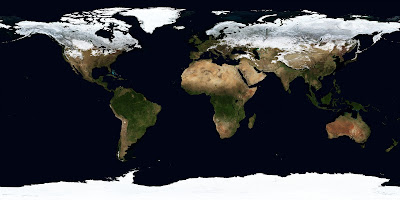
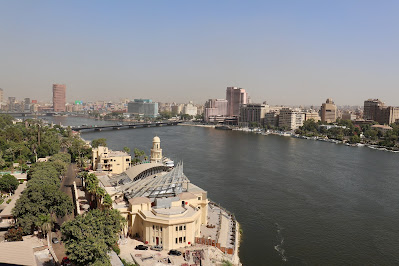
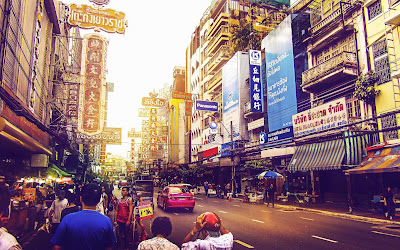
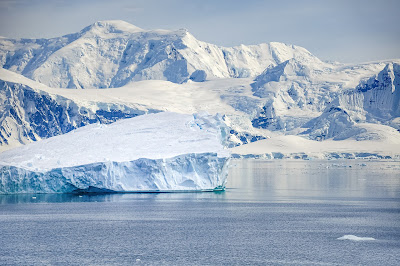
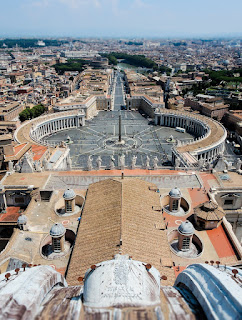

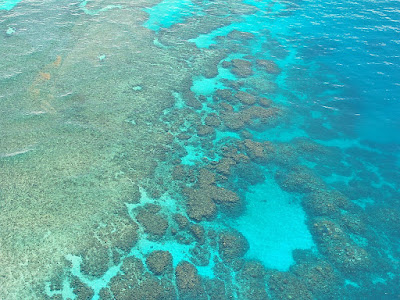

Comments
Post a Comment